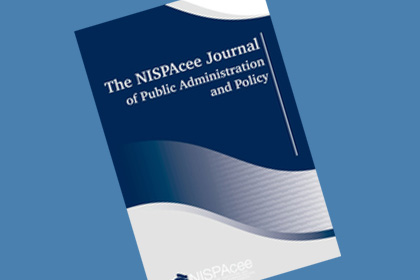In The NISPAcee Journal of Public Administration and Policy. Vol. VIII. No. 2. Winter 2014-2015, 13-45
http://www.nispa.sk/publication_details.php?p_id=188&pg=9
A democracy characterized by substantial levels of social and political trust has better chances to accommodate effective institutions and citizens who are willing to pursue common objectives. Micro and macro- theories of trust posit various explanations for trusting people and for investing confidence in institutions, ranging from individuals’ disponibility to trust, to perceived institutional performance or path-dependent trends at the level of political culture. Explanations presuming that individuals’ direct experiences with social contexts will have an impact on their likelihood to trust tend to understate the degree to which people’s trust is built around representations provided by the media. In this paper, we look at how social trust and institutional trust are influenced by two features of media systems: political commitment (describing a tendency of media to resort to partisan or ideological standpoints) and information commitment (the media practice which involves observance of fact checking and accuracy of information). Using multilevel modeling on survey data, we find that the level of informational commitment has a positive effect on institutional trust. Political commitment has a weak negative effect on institutional trust that is mediated through social trust.

